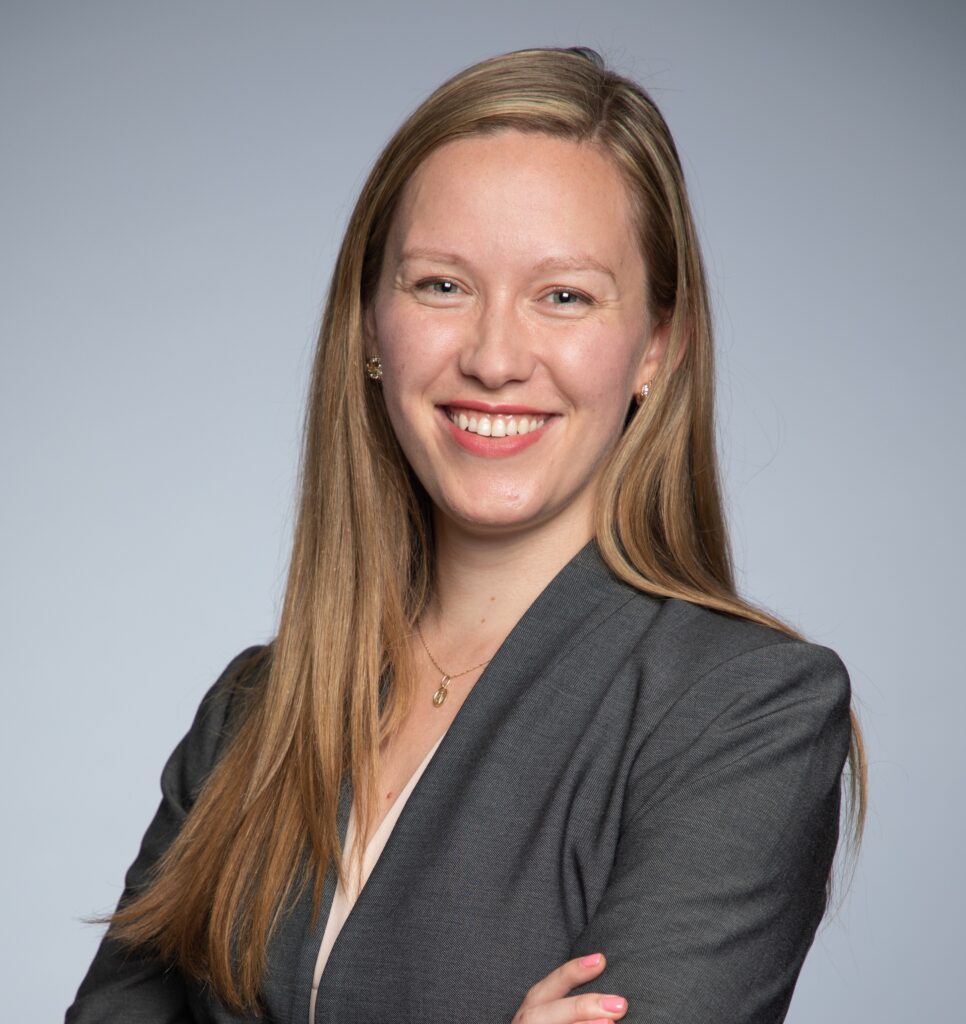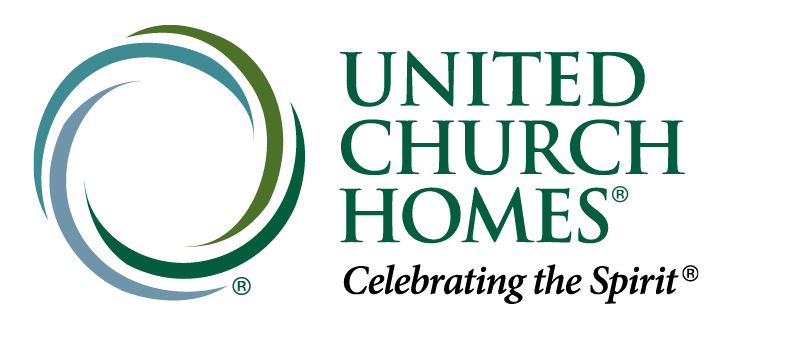Highlights from this week’s conversation include:
- Jenny’s passion for working in aging and technology (2:34)
- Challenges of Aging and Stigmatization (4:14)
- Ziegler’s Role in the Longevity Economy (9:18)
- Characteristics of Companies for Series Level Investments (12:16)
- Factors to Consider in Investment Level (16:04)
- Challenges in Raising Capital (20:21)
- Exciting Subsectors in Longevity Tech (22:32)
- Future Trends and Strategic Planning (24:40)
- Challenges and Opportunities of AI in Healthcare (28:50)
- Fragmentation in Longevity Tech Market (34:41)
- Scaling a Business and Incorporating Passion (40:17)
- Personal Growth and Gratitude (43:46)
- Surprising Self-Motivation (46:33)
- Jenny’s Abundant Aging Hero (48:09)
Abundant Aging is a podcast series presented by United Church Homes. These shows offer ideas, information, and inspiration on how to improve our lives as we grow older. To learn more and to subscribe to the show, visit abundantagingpodcast.com.

